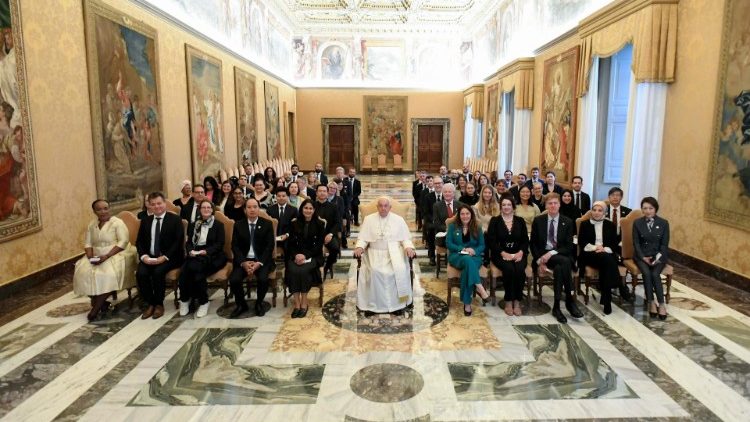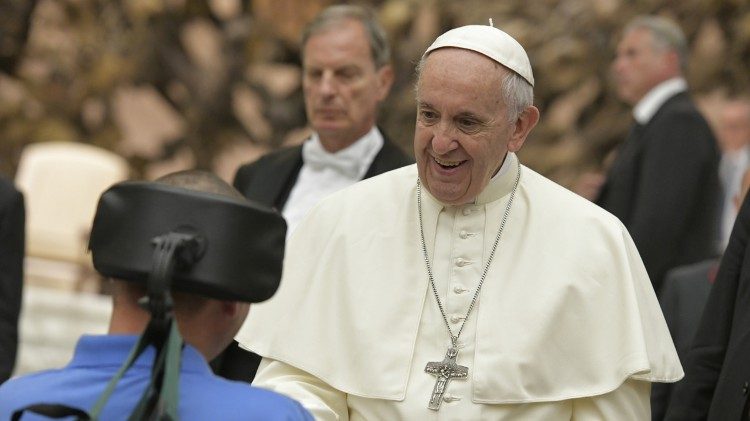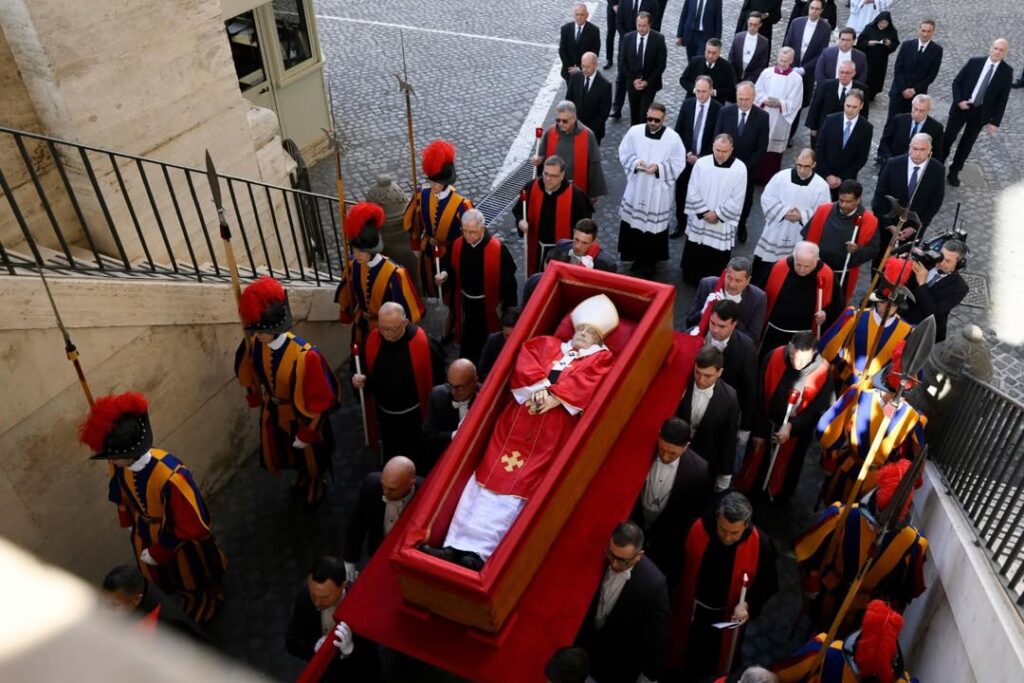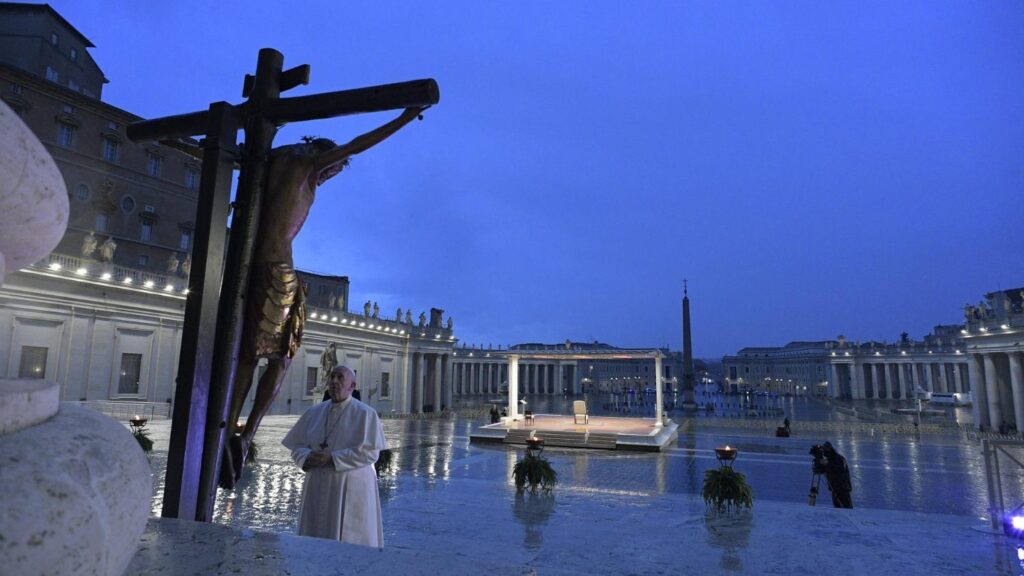Pope Francis: Different abilities, not disabilities
A call for inclusion and appreciation of diverse abilities in building a more just society

At the recent meeting with the participants of the G7 Inclusion and Disability, which concluded in Umbria, Pope Francis stressed the importance of recognizing the rights of people with disabilities, equality in the workplace and greater inclusiveness. “Your work is a sign of hope in a world that often forgets people with disabilities,” said Francis.
A change of perspective
Pope Francis proposes a change of perspective by preferring the term “different abilities” instead of “disability.” During the audience with the representatives of the first G7 Inclusion and Disability under the Italian presidency, Francis called for a change of mentality so that the world is more inclusive and allows the full participation of people with disabilities in social life. At the end of the summit, the “Solfagnano Charter” was signed, the result of work on fundamental issues such as inclusion, accessibility, independent living and the valorisation of people, all connected with the Church’s vision of human dignity.
Inclusion as a priority
Every person is an integral part of the universal family and must not be a victim of the throwaway culture, which generates prejudice and harms society. Pope Francis applauded the G7 summit as a concrete sign of the will to build a more just and inclusive world, where every person can live fully and contribute to the growth of society. He stressed the importance of speaking of “different abilities” and not of “disability”.
Attention to the most vulnerable
The Pope also addressed the inclusion of people with disabilities as a priority for all countries. He noted that some nations still struggle to protect life from childhood to old age. “It pains me when people live with this culture of discarding the elderly. The elderly are wisdom and they are discarded like old shoes,” he lamented.
There can be no true human development without the contribution of the most vulnerable. In this sense, universal accessibility is a great goal to pursue, eliminating all physical, social, cultural and religious barriers, allowing everyone to use their talents and contribute to the common good.
 Work as dignity
Work as dignity
Francis emphasized that inclusion must be accompanied by adequate services, which do not mean welfare, but justice and respect for human dignity. The possibility of choosing one’s own path in life, without prejudice, is crucial because “the human person must never be a means, always an end!”.
Excluding someone from the possibility of working is a serious form of discrimination. Work is dignity, it is the anointing of dignity. If this possibility is excluded, they are deprived of it. The same can be said of participation in cultural and sporting life, which is an affront to human dignity.
Leaving no one behind
The Pope stressed that new technologies can be an excellent ally for inclusion and participation, provided they are used prudently so as not to create further inequalities. Furthermore, humanitarian emergencies related to climate crises and conflicts cannot be ignored. People with disabilities must not be left behind, and it is necessary to build a system of prevention and response to emergencies that takes into account their specific needs and ensures that no one is excluded from protection and relief.
A sign of hope
“I see your work as a sign of hope, for a world that too often forgets people with disabilities or, unfortunately, discards them before they are born,” stressed the Pope. At the meeting, Francis indicated the way to change things, inspired by faith and the conviction that each person is a precious gift for society.
Saint Francis of Assisi, witness to a boundless love for the most fragile, reminds us that true wealth is found in encountering others. This culture of encounter must be developed, especially with those whom a false culture of well-being tends to discard.
The key word for building a world where the dignity of every person is fully recognized and respected is “together.”
Related

His Hope Does Not Die!
Mario J. Paredes
24 April, 2025
6 min

Francis. The Human and Religious Imprint of a Papacy
Isabel Orellana
24 April, 2025
5 min

A Pope’s Last Journey: Francis’ Body Transferred to St. Peter’s
Exaudi Staff
24 April, 2025
3 min

Cardinal Felipe Arizmendi: With the Risen Christ, There Is Hope
Felipe Arizmendi
24 April, 2025
6 min
 (EN)
(EN)
 (ES)
(ES)
 (IT)
(IT)

